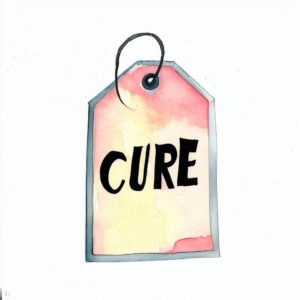
Hey there, everyone! Today, we’re diving head-first into the intricate maze that is human psychology. Specifically, we’re taking a closer look at why those whopping price tags on medical treatments and cures often leave us feeling more than a little ticked off.
Setting the Scene
Imagine this: You’re curled up on the sofa, totally engrossed in a blockbuster movie, munching away on some popcorn. Out of nowhere, a commercial for a new medicine pops up. It’s a cure for a chronic disease, but the price tag is jaw-dropping. Suddenly, a wave of frustration hits you.
Why So Mad?
What’s going on here? Why does that astronomical price tag ruffle your feathers? The answer, in a nutshell, revolves around our sense of fairness and communal values – especially when it concerns healthcare. Most of us perceive healthcare as a fundamental human right rather than a mere commodity. It’s about safeguarding lives, easing suffering, and fostering wellbeing. So, when life-saving treatments come with a price that’s out of reach for many, it seems fundamentally unjust.
The ‘Cure’ Conundrum

This feeling is amplified when it comes to cures. Cures are viewed as exceptionally effective and transformative. When a cure is mentioned, it brings to mind our loved ones, the sanctity of human life, and the desire for equal access to medical breakthroughs. Consequently, seeing a sky-rocketing price tag attached to a ‘cure’ can feel like a punch in the gut.
More Than Just Dollars and Cents
This isn’t merely about the financial aspect; it’s about how we value life and dignity. Consider the controversy surrounding Gilead Sciences, a biotech company that sparked outrage for selling their hepatitis C ‘cure’ at a staggering $1,000 per pill. Their reasoning was that since their drug could potentially ‘wipe out’ the disease, it justified the cost. However, this line of thought didn’t sit well with the public, who saw it as a violation of their communal values.
The Power of Framing
Is this fury solely about the price? Interestingly, no. It’s also about how the drug is presented. When a drug is marketed as a ‘cure’, there’s an underlying expectation that it should be affordable due to its potential to transform lives. So, when such a drug comes with an exorbitant price, it feels like a violation of our communal ethos.
So, the next time you find yourself seeing red over the cost of a life-saving drug or treatment, remember: it’s not just about the price tag. It’s about our collective values, our demand for fairness, and our shared hope for a healthier future for all.






